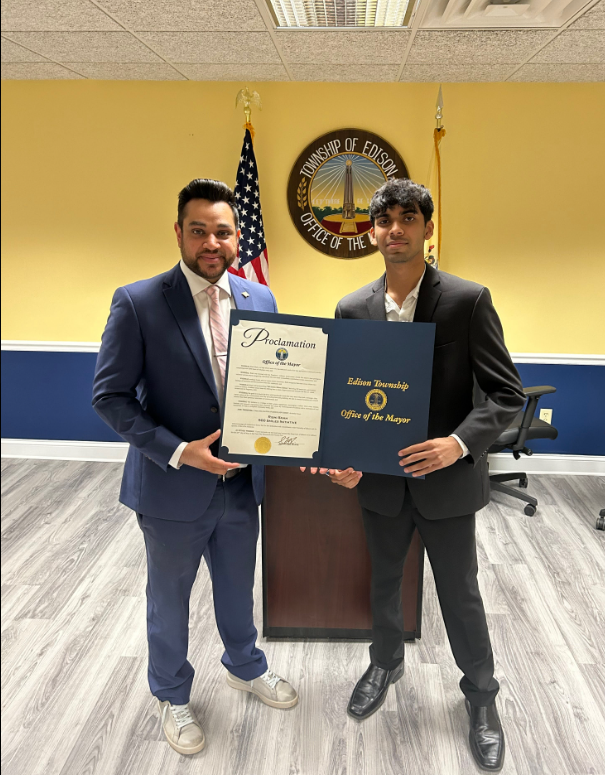Articles 11 and 13 could affect U.S. internet usage

November 2, 2018
On September 12th, 2018, the European Parliament voted in favor of the controversial Article 11 and Article 13. These two articles are branches of the Directive on Copyright in the Digital Single Market that was originally proposed back in 2016. If this Directive becomes a part of European legislation, the effects could drastically change how we consume content on the internet.
What are Articles 11 and 13?
Article 11, called the “link tax” by critics, forces publishers to pay a tax or license if they wish to include links to other news organizations. While large companies such as Google can afford to pay a license, smaller businesses may not have the means to do so. All twenty-eight countries of the European Parliament will also have to come to their own conclusions on how to interpret the law instead of a single law governing all European countries.
Article 13 and its “meme ban” could have even more drastic effects. In short, the article forces all websites that allow online content to be shared to ensure that copyrighted material is not shared. The title “meme ban” refers to how memes and parodies lie in a gray area between copyrighted and uncopyrighted material. Depending on a country’s interpretation, all memes and gifs could be considered copyrighted content that must be removed from all user sharing websites.
Who supports what?
Supporters of the Directive include the Society of Authors, Universal Music group, and the Alliance for Intellectual Property and Proponents. These groups believe that they will be fairly compensated for their work when it comes to creating content that is copyrighted and published on the internet. On the other side is a variety of user-content sharing websites, such as Google, Facebook, and Wikipedia. The main problem that websites and the general public see in the Articles is the fact that they can be interpreted in a number of ways. Each country in the European Parliament will have to interpret the Articles in their own way before passing a law.
What does this mean for us Americans?
The Directive still faces a final vote on an undecided date in January of 2019. If it passes the vote, the Directive can officially be signed into law for all countries in the European Parliament. As for the effect Articles 11 and 13 will have internationally, no one really knows. Depending on how much the European Parliament enforces these new articles, we could see a huge change in the way we upload content on the internet. The only thing we can do is to wait and see how far-reaching the Directive will be on websites and consumers alike.















